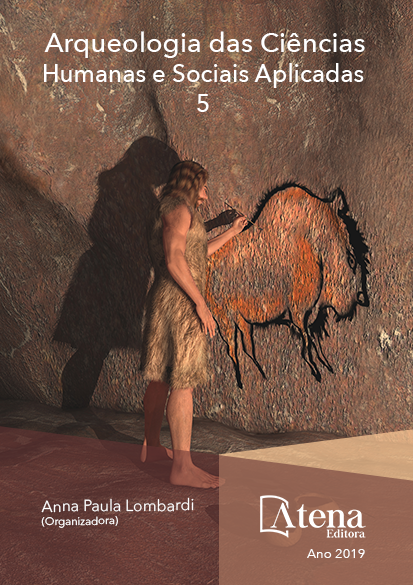
ÍNDICES DE GERAÇÃO DE SEGURANÇA HUMANA: APLICAÇÃO COMPARADA AOS CASOS DO PERU E COLÔMBIA
Os Estudos de Segurança
Internacional, como um dos mais tradicionais
campos de estudo das Relações Internacionais,
já sofreram, ao longo da história, profundas
modificações e adaptações epistemológicas. As
ampliações no referencial de segurança e nas
possíveis fontes de ameaça fizeram a disciplina
se afastar de uma totalidade estatocêntrica
e essencialmente positivista. Desse modo,
os estudos de Segurança Humana, se
estabeleceram como um proeminente subcampo
da área, sendo utilizado com mais frequência
entre os acadêmicos, pelas organizações
internacionais e, em certos momentos,
também pelos Estados como o caminho mais
adequado da segurança. Entretanto, a tradição
metodológica dos Estudos Estratégicos segue a
questionar o conceito, por sua suposta mínima
operacionalidade e duvidosa possibilidade
de mensuração. De tal maneira, buscamos
indagar, no proposto artigo, o quão superficial
é a lógica da Segurança Humana e se ela é,
de fato, inaplicável. O presente artigo se propõe
a analisar a evolução metodológica do campo
de estudo em questão e as potenciais técnicas
de mensuração do mesmo. Com o objetivo de
apontar uma possível falácia na forma como a
Segurança Humana vem sendo encarada, em
grande medida, pelo meio científico nos Estudos
de segurança, o trabalho está estruturado da
seguinte maneira: num primeiro momento,
contextualizamos a criação do campo da
Segurança Humana. As propostas de métodos
de mensuração existentes são apresentadas
no ponto seguinte. Numa terceira seção, é
realizada uma análise das variáveis levantadas
pela teoria da Segurança Humana, demonstrado
quais delas são, de fato, operacionalizáveis e
epistemologicamente aceitáveis. Em seguida,
nossa proposta é submetida a teste em dois
casos de análise comparados, a ver, as reações
do Estado peruano aos embates contra o grupo
“Sendero Luminoso” nos processos de paz
recentes, e a participação da Colômbia nos
processos de Paz do governo Pastrana. Por fim
as conclusões da pesquisa são apresentadas
ÍNDICES DE GERAÇÃO DE SEGURANÇA HUMANA: APLICAÇÃO COMPARADA AOS CASOS DO PERU E COLÔMBIA
-
DOI: 10.22533/at.ed.52019170128
-
Palavras-chave: Segurança Humana; Mensuração; Peru; Colômbia; Métodos e Técnicas em Segurança.
-
Keywords: Human Security; Measurement; Peru; Colombia; Methods and Techniques in Security.
-
Abstract:
The International Security
Studies, as one of the most traditional fields
of study of International Relations, have gone,
throughout history, through profound shifts and
epistemological adaptations. The extensions in the security framework and in the possible sources of threat have made the subject
move away from a statocentric and essentially positivist totality. Thus, the Human
Security studies have established themselves as a prominent subfield in the area,
being used more frequently among academics, international organizations and, at
times, also by States as the most appropriate way of defining security. However, the
methodological tradition of Strategic Studies continues to question the concept, due to
its supposed minimum operationality and dubious possibility of measurement. In such
a way, we seek to inquire, in the following research, how superficial the logic of Human
Security is and if it is, in fact, inapplicable. The present article proposes to analyze the
methodological evolution of the field of study in question and the potential techniques
of its measurement. With the aim of pointing out a possible fallacy in the way that
Human Security has been viewed, to a great extent, by the scientific milieu in Security
Studies, the work is structured as follows: in the first moment, we contextualize the
creation of the Human Security field. Proposals for existing measurement methods
are presented in the following section. In a third section, an analysis of the variables
raised by the Human Security theory is performed, demonstrating which of them are,
in fact, operable and epistemologically acceptable. Then, our proposal is tested in
two comparative analysis cases, to see, the reactions of the Peruvian State to the
attacks against the group “Sendero Luminoso” in the recent peace processes, and the
participation of Colombia in the peace processes of the government Pastrana. Finally,
the conclusions of the research are presented.
-
Número de páginas: 15
- Fábio Rodrigo Ferreira Nobre


